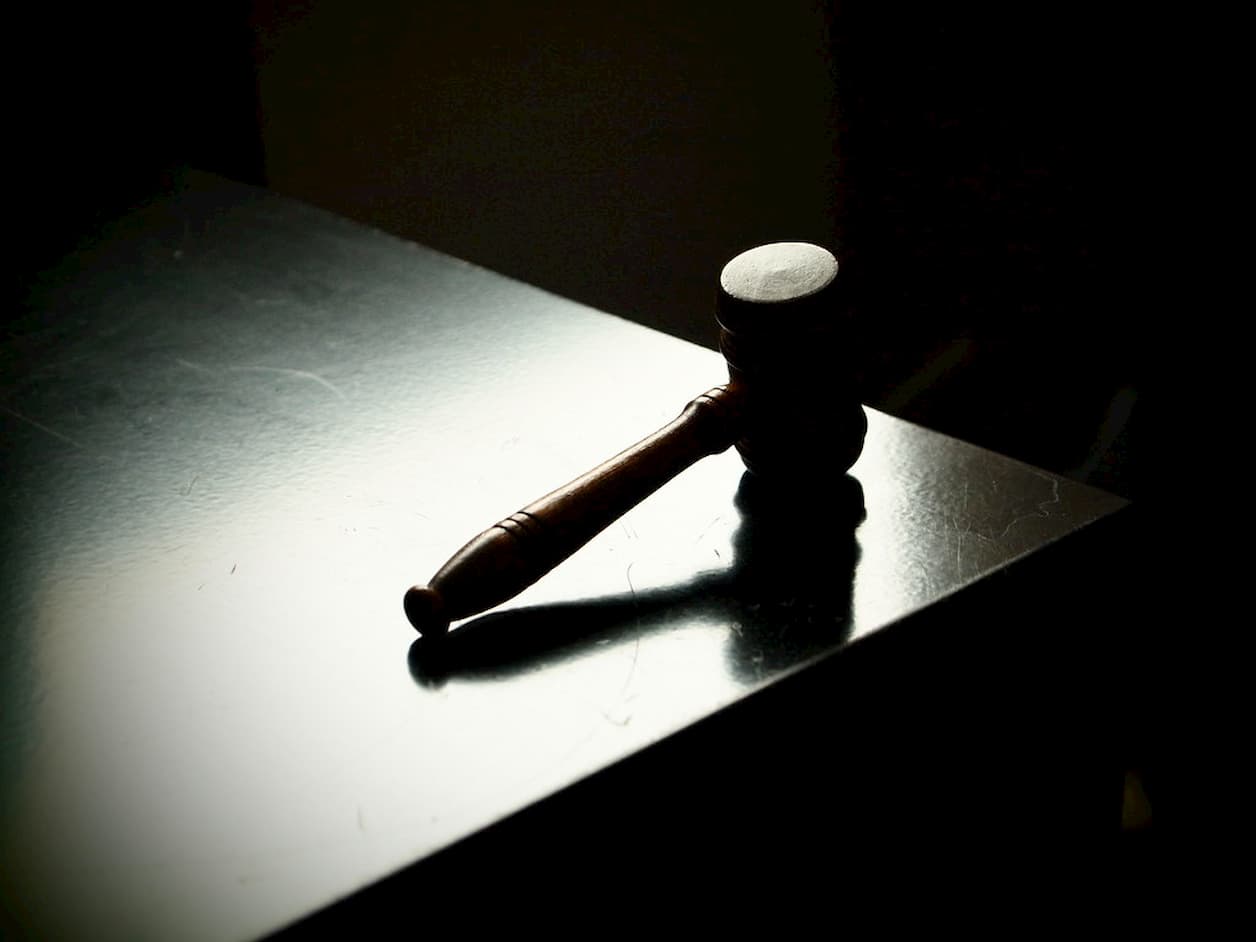India’s Supreme Court Draws Upon Human Rights Standards to Commute Death Sentences
On January 21, 2014, India’s Supreme Court reaffirmed the right to life in a landmark decision that cited international human rights standards. In Shatrughan Chauhan & Another vs Union of India & Others, the Supreme Court commuted the death sentences of 15 prisoners. The decision strongly emphasized the human rights of death row prisoners – denouncing such practices as executing individuals with mental illness, solitary confinement, and prolonged detention on death row.
Much of the court’s decision focused on the nature of the clemency process under Indian law. Indian law provides that death row inmates can apply for clemency by submitting “mercy petitions” to the President. The court held that “[m]ercy jurisprudence is part of an evolving standard of decency, which is the hallmark of society.” The court repeatedly noted that clemency is not merely a matter of grace, but is a constitutional duty of great significance that must be exercised responsibly and expeditiously.
The Supreme Court faulted the executive for its inexcusable delay in considering the clemency petitions of 13 petitioners. Drawing heavily on the jurisprudence of the Privy Council and the European Court on Human Rights, the court reasoned that delay in the execution of a death sentence causes psychological torture. The court observed that “undue, inordinate, and unreasonable delay” in carrying out the death sentence constitutes torture and justifies commutation to life imprisonment.
Equally important, the court commuted the death sentences of two prisoners based on evidence that they suffered from mental illness. The court embraced international norms prohibiting the execution of prisoners with mental illness, citing Resolution 2000/65 of the former UN Human Rights Commission calling upon all states to refrain from executing any person who suffers from “any form of mental disorder,” as well as a 1996 report of the UN Special Rapporteur on Extrajudicial, Summary or Arbitrary Executions, and the UN General Assembly’s 2007 resolution calling for a moratorium on the death penalty. In the case of Maganlal Barela, the court condemned the failure of the executive branch to consider evidence of the petitioner’s mental illness as grounds for clemency.
The court also addressed the issue of solitary confinement, finding that death row inmates may not be held in solitary confinement until their mercy petitions have been denied. According to the court, solitary confinement constitutes “additional and separate punishment” that is unconstitutional. Further, the court issued guidelines for the clemency process to protect the rights of death row prisoners moving forward. The judges held that prisoners have a right to legal aid to prepare legal challenges to the clemency process and to be informed of the result of their mercy petition in writing. In addition, prison officials must ensure that prisoners receive regular mental health evaluations and be given “appropriate medical care.” Finally, the court determined that the government must carry out post-mortem examinations of executed prisoners to provide the courts with data on the cause of death, which will allow for consideration of whether hanging constitutes cruel and inhuman punishment.
Less than a month after this landmark decision, the Supreme Court commuted the death sentences of three individuals convicted of the 1991 assassination of former Prime Minister Rajiv Gandhi. The Court reasoned that the unreasonable delay in considering the inmates’ mercy petitions, a delay of more than 11 years, warranted a commutation of their death sentences. It also rebuffed the Attorney General’s argument that in order to have their sentences commuted, death row inmates had to prove actual harm occasioned by the delay. The court reaffirmed the fundamental rights of all citizens, including death row inmates.
The decisions come at an especially important time in India, as it had recently begun carrying out executions again after what many considered to be an undeclared moratorium on the death penalty. The decisions have also re-ignited the public debate over the death penalty in India.
